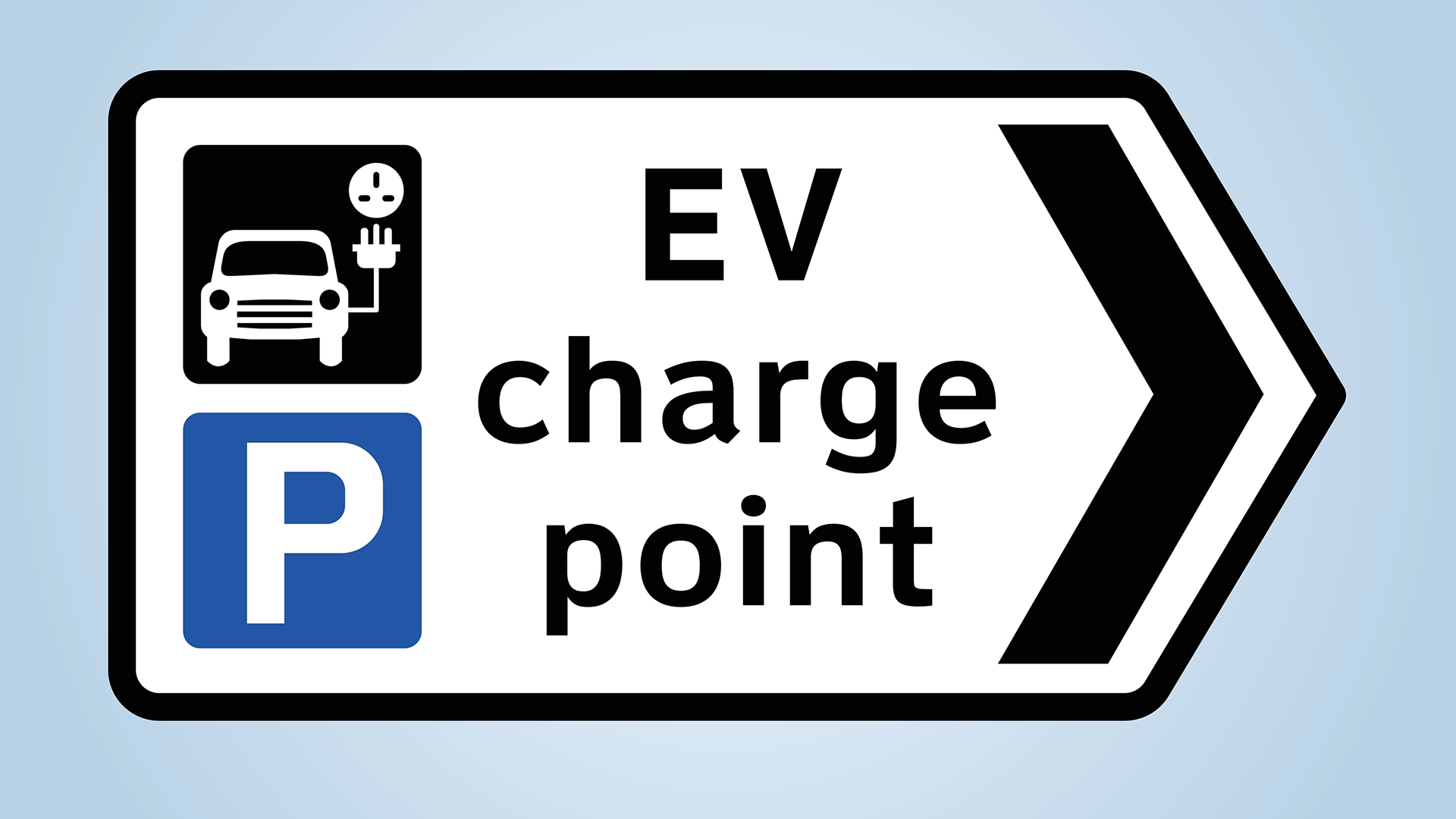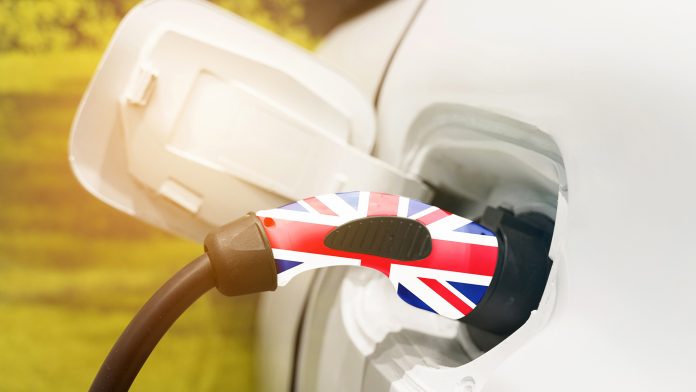The UK Government has published a new mandate for zero emission vehicles that details new production guidelines for manufacturers.
Following Prime Minister Rishi Sunak’s controversial decision to extend the ban on new petrol and diesel cars to 2035, the government has now published a mandate for zero emission vehicles that that outlines the percentage of new cars that must be zero emission each year up to 2030.
The government says the mandate will help support manufacturers and motorists transition to zero emission vehicles, providing ‘flexibility while helping to grow the economy’.
Mark Harper, the UK Transport Secretary, commented: “The path to zero emission vehicles announced today makes sure the route to get there is proportionate, pragmatic, and realistic for families.
“Our mandate provides certainty for manufacturers, benefits drivers by providing more options, and helps grow the economy by creating skilled jobs.
“We are also making it easier than ever to own an electric vehicle, from reaching record levels of chargepoints to providing tax relief for EV owners.”
What are the new rules for zero emission vehicles?
The mandate sets out minimum annual production targets. From 2024, 22% of new cars sold must be zero emission.
By 2030, zero emission vehicles must represent 80% of new cars and 70% of new vans sold in Great Britain, eventually increasing to 100% by 2035.
These new rules will align the UK’s policy on zero emission vehicles with major economies such as France, Germany, Sweden, and Canada.
Helping UK motorists switch to EVs
The government believes the mandate will support manufacturers and motorists to switch to EVs by allowing infrastructure and the market to mature.
The mandate is expected to enable the second-hand vehicle market to grow, making them more affordable. For example, from the first quarter of 2022 to 2023, used battery electric vehicle sales rose by 57%.
Charging infrastructure is also becoming more refined, with 43% more public chargepoints installed this year, helping achieve the target of 300,000 chargepoints by 2030.

The government is also offering several grants to assist with the upfront and running costs, such as a plug-in van grant of up to £2,500 for small vans and £5,000 for large vans until at least 2025 and £350 off the cost of chargepoints for people who live in flats.
Benefits for vehicle manufacturers
The new mandate will establish a trading scheme for manufacturers, allowing them to bank compliance in years that they exceed annual targets for us in future years or to trade them with other manufacturers who have missed targets.
In the first year, manufactures can borrow up to 75% of their annual target, reducing to 25% in 2026, helping them in the early stages of the transition.
Speaking on the mandate, Mike Hawes, Chief Executive of the Society of Motor Manufacturers and Traders (SMMT), said: “The automotive industry is investing billions in decarbonisation and recognises the importance of the zero emission vehicle mandate as the single most important measure to deliver net zero.
“We welcome the clarity the mandate’s publication provides for the next six years and the flexibilities it contains to support pragmatic, equitable delivery across this diverse sector.
“Manufacturers offer a vast range of zero emission vehicles, but the demand must also match supply – that means making zero emission vehicles affordable by incentivising drivers to make the switch now and delivering the infrastructure to meet consumer expectations.”
Manufacturers appear confident in the UK’s new mandate. The announcement arrives following an array of significant investments into the UK zero emission vehicles industry.
BMW recently announced £600m funding for its UK factories to produce next-generation EVs, and Tata will invest £4bn in developing a new gigafactory, helping strengthen the UK’s supply chains.









